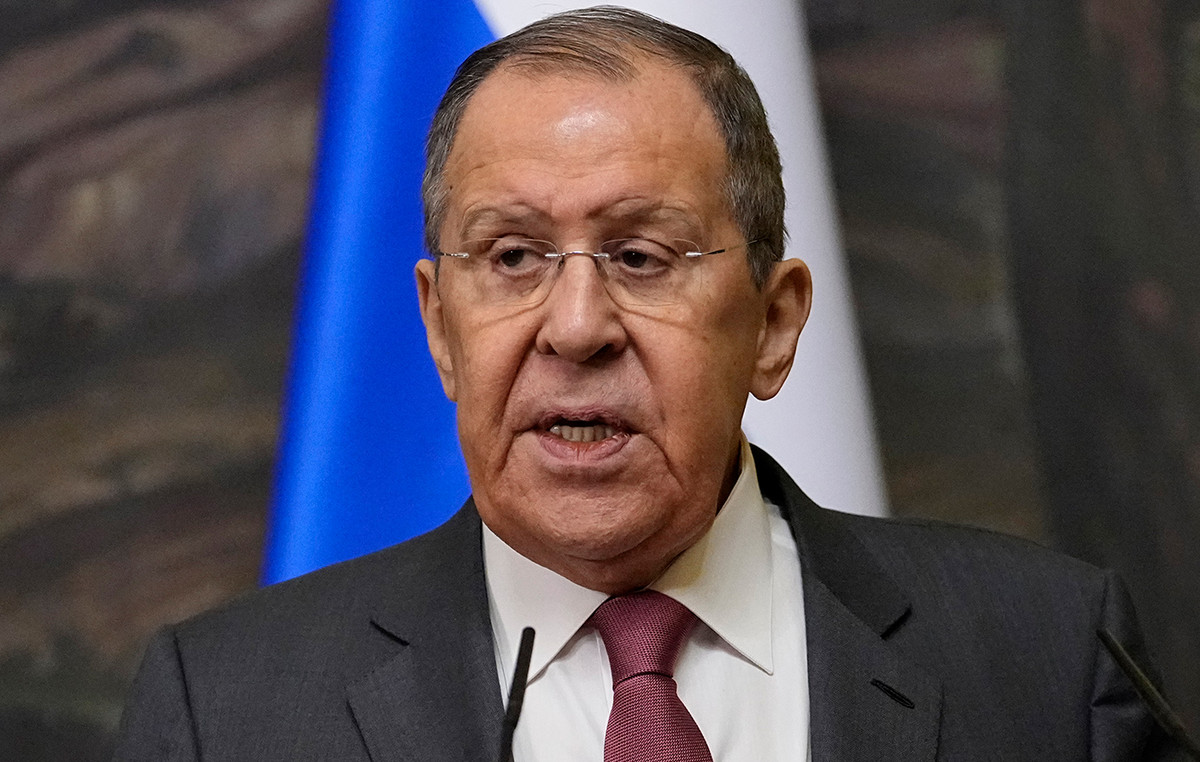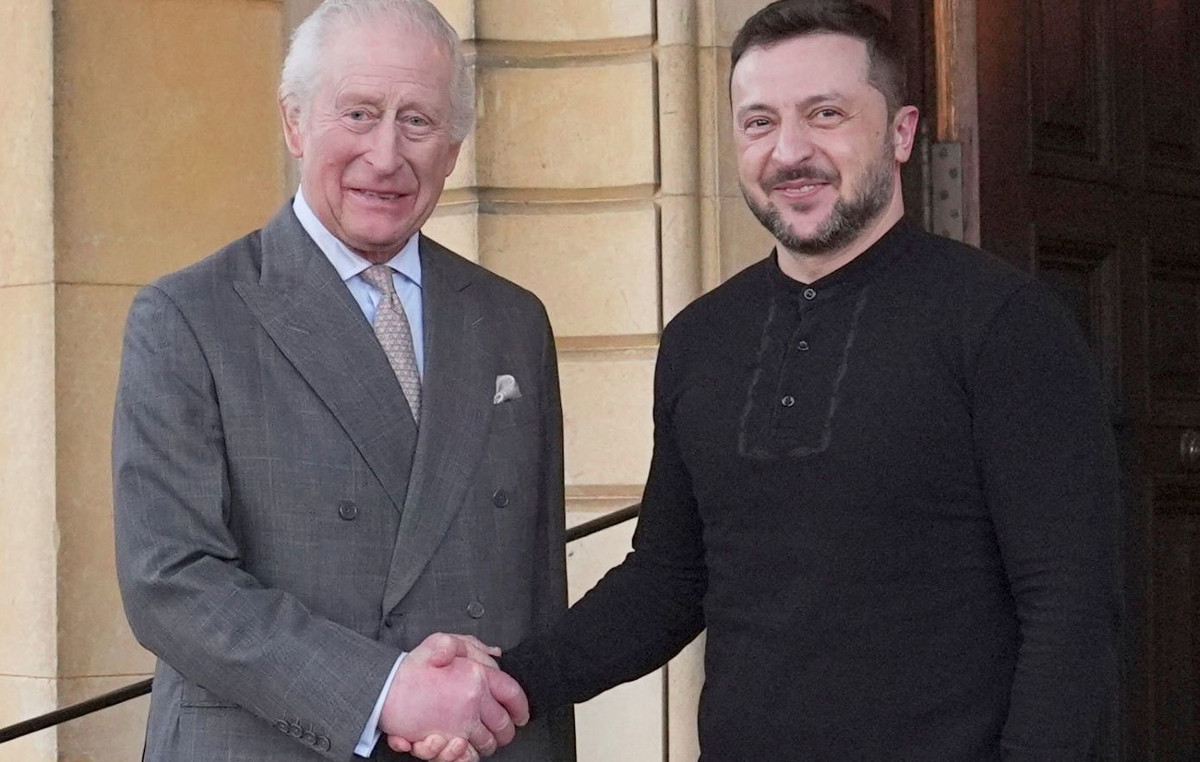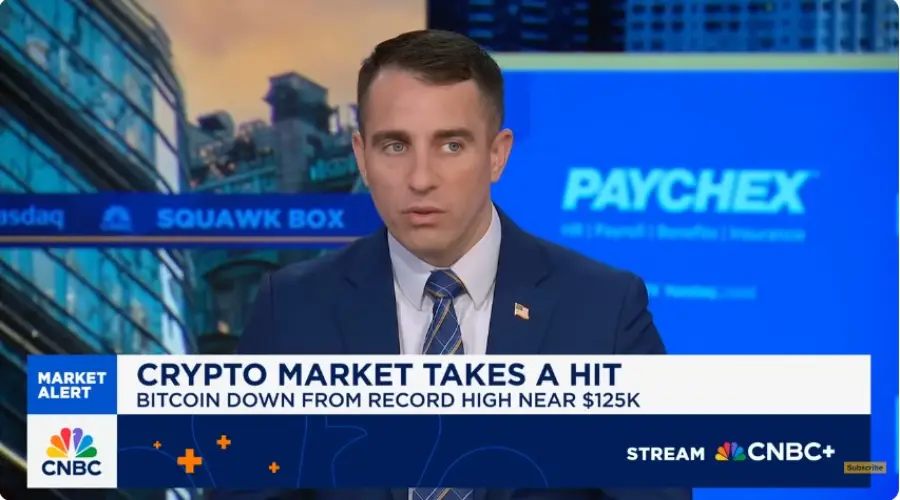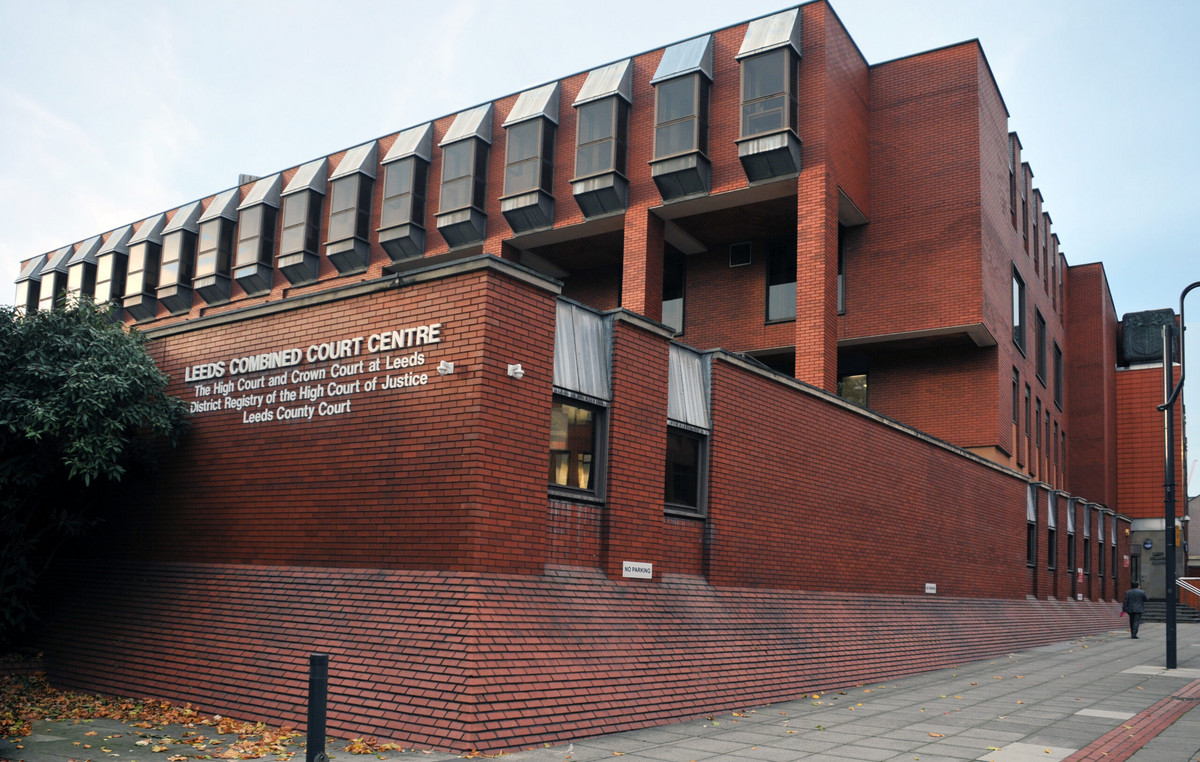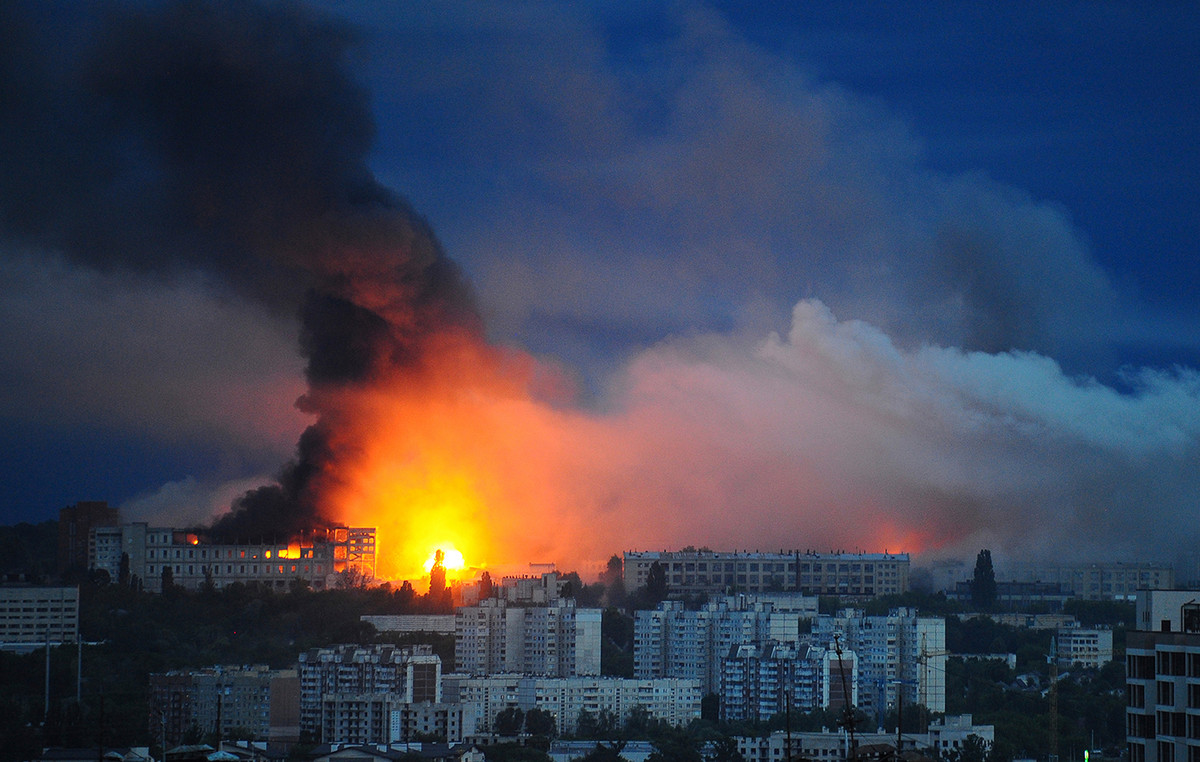São Paulo and Minas Gerais are the two Brazilian states most dependent on fertilizers imported from Russia, according to data collected by Instituto Pensar Agropecuária (IPA), linked to the Agricultural Parliamentary Front (FPA).
In both locations, the country targeted by international sanctions motivated by the invasion of neighboring Ukraine is responsible for sending more than a third of the agricultural input used by producers from São Paulo and Minas Gerais.
According to the survey obtained by the CNN, São Paulo is the state most dependent on fertilizers from Russia, with 35.9% of the volume of inputs imported by producers in São Paulo in 2021. In Minas Gerais, this percentage was 33.1%. Another three states have significant dependence on Russian fertilizers: Mato Grosso (20%), Paraná (19.8%) and Rio Grande do Sul (15%).
These five states account for 68% of all fertilizer imports by Brazil. Last year, Brazil bought 41.6 million tons of this input from other countries, of which Russia was the main supplier, with 22.3% of this volume (9.3 million tons), followed by China (15, 2%, or 6.3 million tons) and Canada (10%, or 4.2 million tons). In fifth place is Belarus, another country targeted by international sanctions, with 5.8% (2.4 million tons).
The impact of the war in Ukraine on the world fertilizer market and the consequences for Brazilian agribusiness are on the list of priorities of the Ministry of Agriculture and the Agricultural Parliamentary Front. Minister Tereza Cristina has a trip to Canada scheduled to negotiate the expansion of the supply of this input to Brazil. Members of the FPA, including the president of the bench, deputy Sergio Souza (MDB-PR), will accompany the minister on the official trip.
In an interview with CNNTereza Cristina stated that Brazil has “passage stock to arrive until the next harvest, in October”.
In addition to the serious consequences caused by the war in the fertilizer market, the president of the FPA highlights that the sector had already suffered “abusive increases of up to 300% in dollars” in recent months.
“This situation worries us a lot. Brazil already has many contracts signed with suppliers from Russia for the summer crop, which we started in the second half of the year, and even for the 2023 crop,” explained Sergio Souza. “All this can cost the rural producer and, consequently, reflect on the food that arrives at the table of Brazilians.”
According to the IPA study, there are three impacts of the war in Ukraine on Brazilian agribusiness:
1) Restriction in Swift: The Swift System is responsible for the execution and fulfillment of financial contracts worldwide. The restriction suffered by Russia may prevent Russian banks from making purchases and sales through the system. In this sense, contracts for the purchase and sale of fertilizers, for example, can be hampered by insecurity in transactions;
2) Instability generates costs: since the beginning of the conflict in Ukraine, commodities such as natural gas, oil, wheat, corn (with great potential to affect even more the production of proteins in Brazil), among others, have had exponential valuations caused by uncertainties to the conflict situation;
3) Decrease in grain supply: Ukraine is the 5th largest corn producer in the world and the 6th largest producer of wheat. The instability tends to create anxiety in the market, raising the price of these two grains on the world market. In the case of corn, sectors such as poultry and swine production, which already face difficulties due to high prices prior to the conflict, are even more fragile.
In the assessment of the IPA, “it is still too early to predict the real impacts that the war in Ukraine will have on Brazilian imports of fertilizers and even on agriculture as a whole”. “However, if the sanctions (generally speaking) are extended over time, the situation will become worrying, due to their secondary effects, such as difficulties related to payments, freight and food prices”, points out the document.
Source: CNN Brasil
I am Sophia william, author of World Stock Market. I have a degree in journalism from the University of Missouri and I have worked as a reporter for several news websites. I have a passion for writing and informing people about the latest news and events happening in the world. I strive to be accurate and unbiased in my reporting, and I hope to provide readers with valuable information that they can use to make informed decisions.

